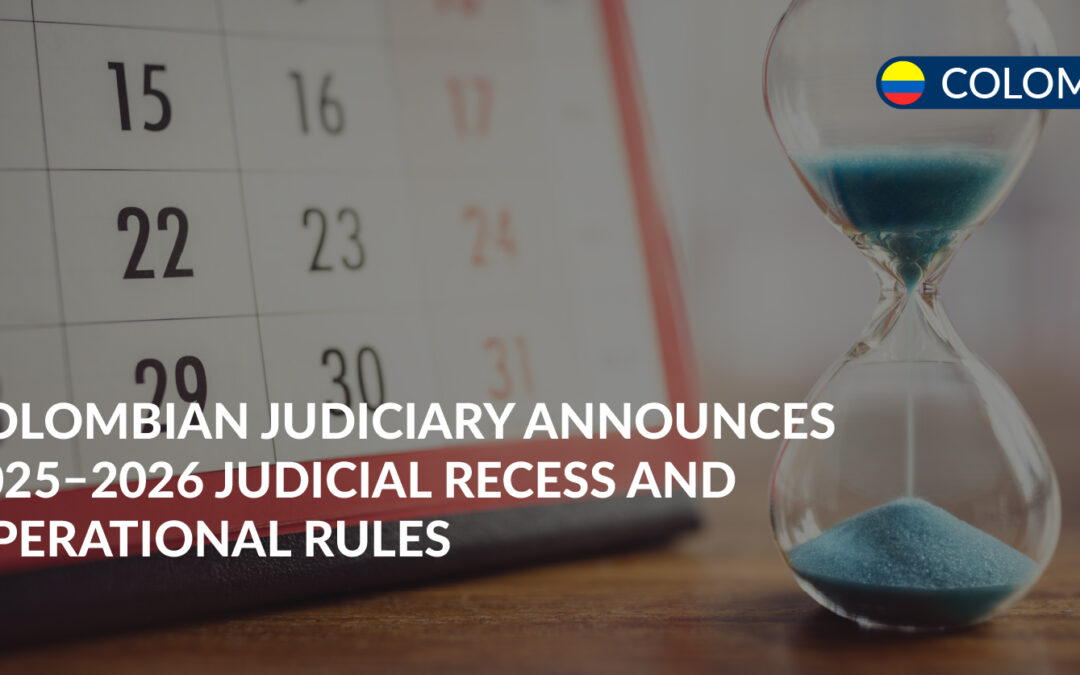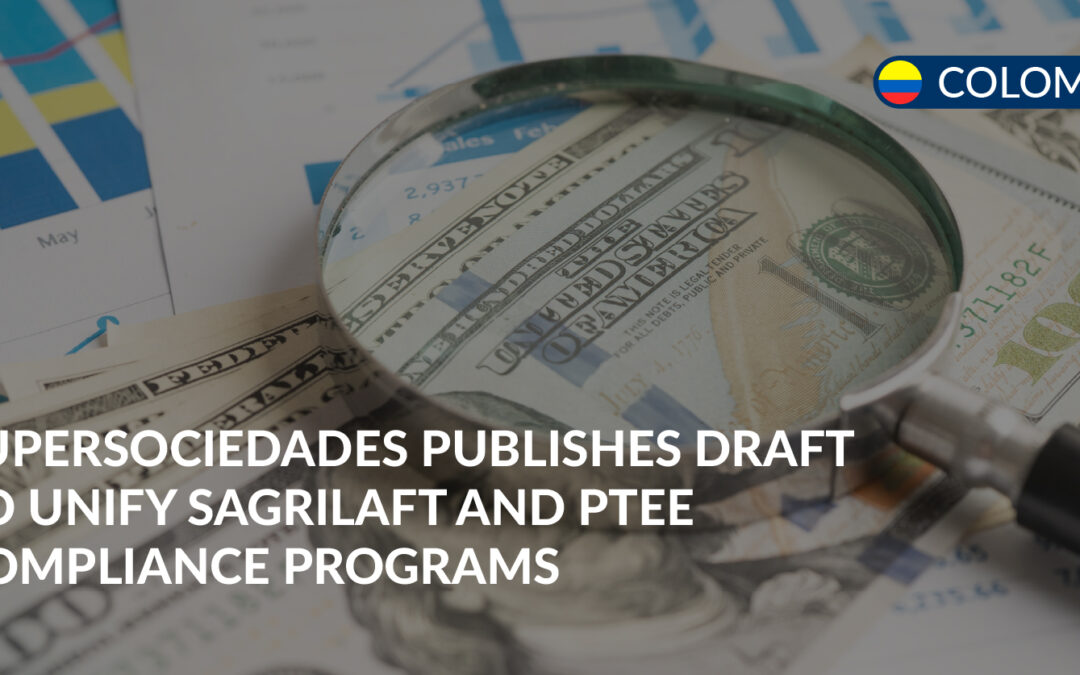In August, Colombia’s Superintendence of Transportation released a draft resolution proposing mandatory implementation of the Transparency and Business Ethics Program (PTEE) for all entities subject to its supervision and regulatory oversight.
The proposed regulation would apply to a broad range of stakeholders in the transportation sector, including infrastructure concessionaires, port operators and companies, public transportation companies, and providers of special and mixed transport services.
The PTEE establishes a set of minimum compliance standards, including the adoption of zero-tolerance policies on corruption, mechanisms for managing conflicts of interest, ethical guidelines for public procurement, and protocols concerning political contributions and lobbying activities. It also mandates the appointment of a Compliance Officer, the implementation of secure and confidential whistleblowing channels, and the clear assignment of responsibilities to boards of directors, legal representatives, statutory auditors, and internal audit teams.
If approved, companies will have six months from the publication of the resolution to implement the program. For newly established entities, the deadline would begin from the date of their registration or formal authorization by the relevant authority.
Through this initiative, the authority seeks to enhance corporate ethics and promote transparency throughout the transportation sector. It aligns with broader regulatory efforts, such as the recent mandate requiring adoption of the SARLAFT system earlier this year, to combat money laundering and the financing of terrorism.








